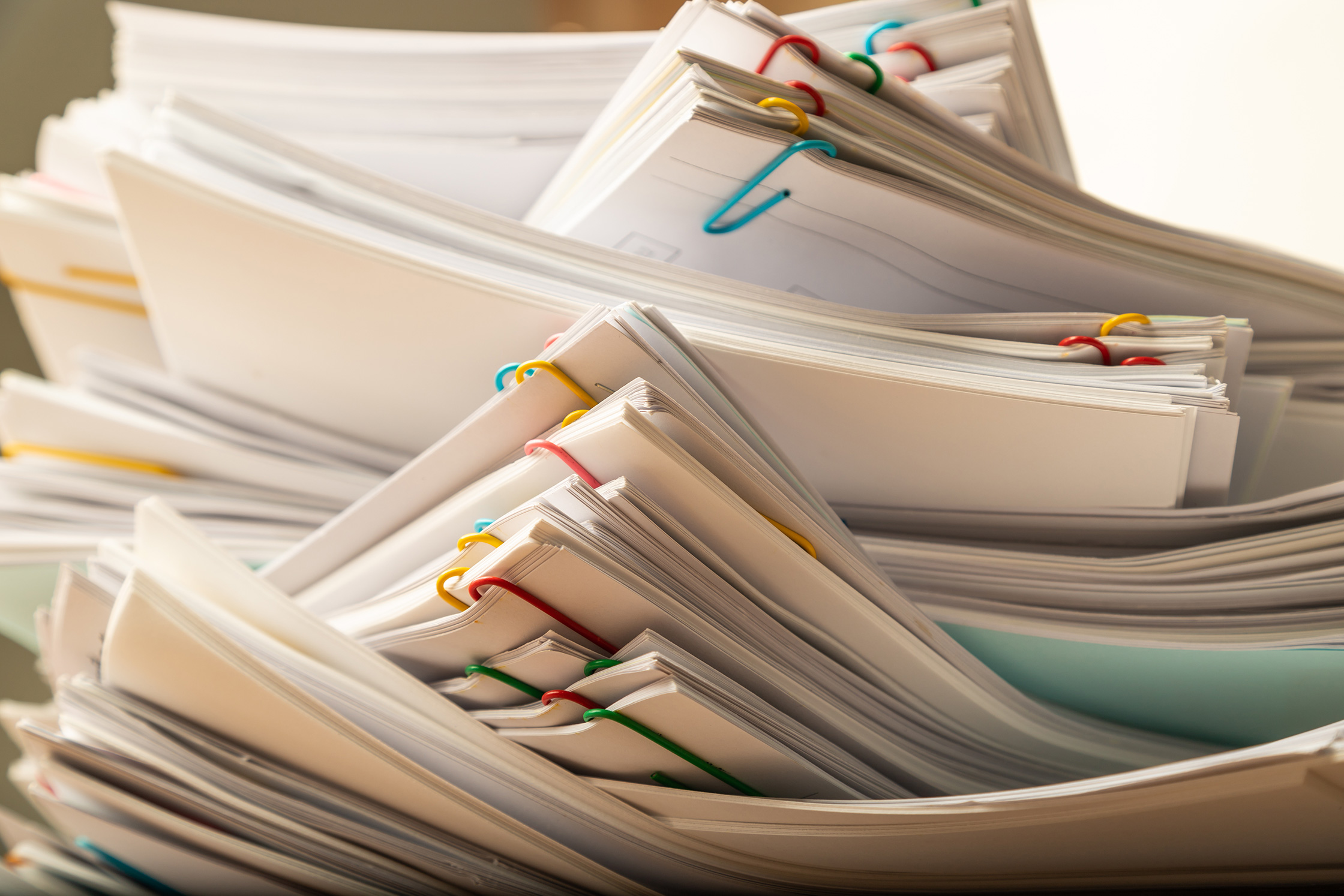UK Paperwork Retention: How Many Years to Keep?

Are you drowning in a sea of documents, unsure of what to keep and what to discard? This comprehensive guide will navigate you through the murky waters of UK paperwork retention, ensuring you're compliant with legal requirements while optimizing your document storage for efficiency and ease of access. Let's delve into how many years you should keep various types of records.
Employment Records

Employment records are crucial for businesses, but knowing how long to retain them is equally important. Here’s a detailed look:
- PAYE Records: According to HMRC, PAYE records need to be kept for three years after the end of the tax year to which they relate. This includes P60s, P11Ds, and payroll summaries.
- Recruitment Records: Keep unsuccessful job applications and interview notes for one year if they are not covered by the Equal Pay Act. However, if there’s potential for discrimination claims, retain for six months after the decision not to hire.
- Employee Records: Maintain employment contracts, performance reviews, and records of training for three years post-employment or longer if there are potential claims (e.g., discrimination, unfair dismissal) which have a longer statute of limitations.
Financial Records

Financial documentation forms the backbone of any business, so here’s how long you should keep them:
- Business Invoices and Receipts: Retain these for six years following the end of the tax year they relate to. This covers VAT and company tax obligations.
- Tax Returns: Keep your corporation tax returns and related records for at least six years from the end of the accounting period they relate to.
- Banking Records: Although banks are required to keep records for six years, it’s beneficial to hold onto statements and deposit slips for the same period for your records.
Company Law Documents

Here’s how long to keep essential company documents:
- Minutes of Board Meetings: Keep them for at least 10 years or permanently, as they can offer insights into the company’s decision-making process.
- Company Register and Resolutions: These should be retained indefinitely for historical reference and in case of legal scrutiny.
- Share Certificates: Keep these records permanently or until the company is dissolved.
Health and Safety Records

The health and safety of your workforce is paramount, and so are the records:
- Accident Reports: Retain accident books and reports for three years from the date of the last entry.
- Risk Assessments: Store for three to four years depending on the nature of the risk.
- Health and Safety Training Records: For five years from the date of training.
Environmental Records

Environmental stewardship demands meticulous record-keeping:
- Environmental Permits: Keep these until they are revoked or replaced, with some records required for three years post-expiration.
- Waste Transfer Notes: Retain for two years from the date of transfer.
- Pollution Incidents: Store records for at least three years or indefinitely if related to legal proceedings.
Important Notes

💡 Note: Always consider the potential for legal claims or investigations when deciding on the retention period for any document. Some records might need to be kept longer than standard requirements suggest.
Managing paperwork can be a daunting task, but knowing the UK's retention guidelines can greatly simplify this process. By keeping your documentation in order and within compliance, you not only protect your business but also ensure smooth operations and access to historical data when necessary. We’ve covered the key areas here, but always remember, the devil is in the details, and any unique circumstances or legal proceedings might extend these timeframes.
What happens if I don’t keep records for the correct time?

+
Failing to keep records for the mandated period can result in fines, penalties, or legal action from regulatory bodies. In some cases, it might compromise your business’s ability to defend itself in legal disputes or could lead to HMRC penalties for tax-related records.
Can I store these records digitally?

+
Yes, with the advancement in technology, storing records digitally is not only accepted but also encouraged. Ensure your digital records comply with UK data protection laws and are securely stored with appropriate backup measures.
What should I do with records after the retention period?

+
Once records have outlived their retention period, they should be destroyed securely to maintain confidentiality. Shred paper documents, and ensure digital records are deleted or encrypted.



